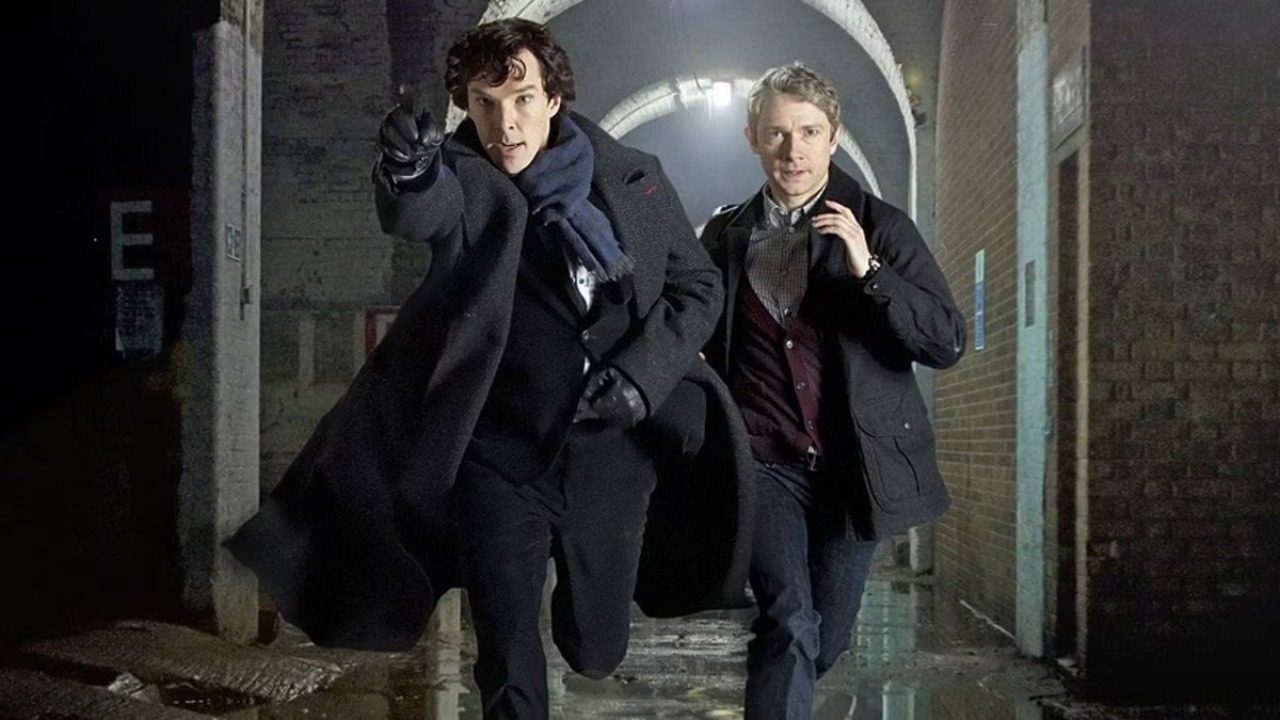Private investigators, commonly referred to as PIs, have been a staple of popular culture for decades. Whether it’s in literature, movies, television shows, or video games, these enigmatic characters have captivated audiences with their keen intellect, resourcefulness, and ability to unravel complex mysteries. While the portrayal of private investigators in pop culture has undoubtedly contributed to their mystique and allure, it’s essential to distinguish between the fictionalized depiction and the reality of their profession. In this article, we delve into the truth about private investigators, exploring their real-world roles, challenges, and contributions beyond the glamorous façade that pop culture often presents.
The Hollywood Persona: Fictional Private Investigators

In pop culture, private investigators, including Australian private investigators, are frequently portrayed as charismatic and suave individuals who effortlessly solve the most perplexing cases. From classic film noir detectives like Sam Spade and Philip Marlowe to modern-day interpretations like Sherlock Holmes and Veronica Mars, fictional PIs have become iconic symbols of mystery and intrigue. These characters often possess a unique set of skills, from deduction and forensic expertise to combat and espionage abilities, making them seem almost superhuman.
While these fictional depictions make for thrilling entertainment, they can lead to misconceptions about the real-life work of private investigators. In reality, PIs are not immune to the constraints of the law, and their actions are subject to ethical boundaries and legal regulations. Additionally, while some private investigators do possess specialized skills, they rarely embody the larger-than-life personas presented in pop culture. Instead, their work primarily revolves around research, surveillance, and data analysis, aiming to uncover factual information while respecting individual rights and privacy.
Unveiling Reality: The True Roles of Private Investigators

Contrary to the action-packed adventures seen on the silver screen, private investigators in real life predominantly engage in routine and meticulous investigations. Their services are sought for various reasons, including background checks, locating missing persons, verifying insurance claims, and uncovering evidence for legal matters.
One of the most common tasks for private investigators is conducting surveillance. This involves discreetly monitoring individuals to gather information about their activities, associations, and behaviors. Surveillance requires patience and a keen eye for detail, as PIs often spend long hours observing subjects from a distance.
Another critical aspect of a private investigator’s work is research. They comb through public records, interview witnesses, and analyze data to piece together information that could assist their clients. This type of investigation demands strong analytical and organizational skills, as well as the ability to navigate complex databases and information sources.
Moreover, private investigators often collaborate with law enforcement agencies, attorneys, and corporations to provide support in legal cases. They may serve as expert witnesses in court, presenting their findings and professional opinions based on the evidence they’ve gathered.
Challenges and Limitations of the Profession

While private investigation can be rewarding, it comes with its share of challenges and limitations. Unlike their fictional counterparts, real-life PIs do not have unlimited resources or access to advanced technology at their disposal. Budget constraints and legal restrictions can hinder their ability to conduct comprehensive investigations.
Furthermore, private investigators must navigate a complex web of laws and regulations to ensure that their actions remain within legal boundaries. Privacy laws, in particular, vary from one jurisdiction to another, and PIs must be vigilant not to infringe on an individual’s rights while gathering information.
Conclusion
Private investigators have undoubtedly left an indelible mark on pop culture, perpetuating the allure of their enigmatic profession. While the fictional portrayals have romanticized and dramatized their roles, the reality of private investigators’ work is more grounded and focused on systematic inquiry, research, and surveillance.
By understanding the truth behind the profession, we can appreciate the valuable contributions of real-life PIs to legal cases, personal matters, and corporate investigations. While they may not always wear fedoras and trench coats, their dedication to uncovering the truth and seeking justice remains a central and essential aspect of their profession.





